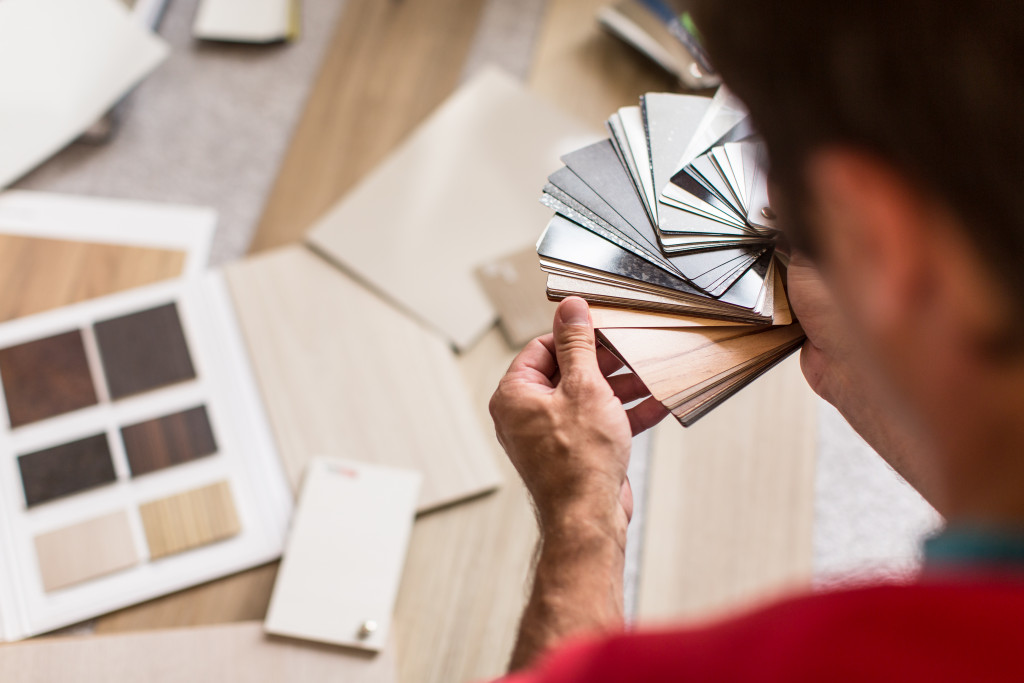Thinking of flipping a house? Flipping houses is increasingly becoming popular in the real estate industry thanks to all those HGTV shows that make it look so simple. You buy a fixer-upper house, renovate it, sell it, and then profit nicely from it.
But while flipping houses are making lots of investors money, just because you’re obsessed with those HGTV shows does not necessarily mean that you’re now an expert on flipping houses.
However, if you’re really interested in flipping a home, remember that how much you could make would depend on your approach, so check out these pointers to help you decide if you’ve got what it takes to flip houses and profit from them.
How You Can Make a Profit
In general, you should purchase the cheapest house in the best neighborhood. But make sure that the house has good bones. This means a structurally sound property with decent roofing, a newer HVAC system, modern plumbing and electrical systems, and newer windows.
A doable flip should require only cosmetic repairs such as fresh paint and new flooring, countertops, or cabinets. These repairs can typically be completed without permit delays, and the costs of the upgrade are easily calculable, which helps eliminate unexpected expenses. Any other repair work could end up being more expensive and reduce your profit.
Additionally, try to look for a home in a great neighborhood that’s in a great school district and/or public transportation since these properties usually sell faster.
How Much Should You Pay and How to Fund Your Fixer-Upper

In general, you should be looking at between a 10% and 20% return on your investment. To determine how much you could sell the home, you should check out the current sales price of move-in ready homes similar to your fixer-upper in the same neighborhood. Don’t forget to factor in the costs you’ll incur for fixing the house.
When it comes to funding your flip, it’s not that different from purchasing a standard house. You can choose to pay with cash or obtain a mortgage. When considering taking out a mortgage, look for mortgage loans with 10 to 15-terms for a lower rate. Remember, if you do your flip right, chances are that you won’t be owning the property for long anyway.
You can likewise consider taking out a hard money loan. This is basically a short-term loan that’s secured by suitable real estate. In most cases, this option is generally easier than a typical mortgage loan, and it’s particularly popular among flippers who don’t want to go through paying off a mortgage for years and years.
How Quick You Must Complete a Flip
Aim to buy a property that would take you about a month to two months, at most, to fix. A shorter deadline will help ensure that you will be able to sell the home within that housing market. Also, owning the home for no longer than two months will keep costs such as taxes and interest lower. This means that you work with contractors who are known for speedy but quality workmanship.
Because of these reasons, you need to complete your due diligence before hiring anyone. Meet with top contractors in the area, obtain references and license credentials, and estimates of the potential costs for remodeling the house.
Flipping homes is undoubtedly a risky endeavor. However, you could really end up with a huge profit, if you make wise decisions. On the other hand, you could also end up losing a ton of money if you don’t play your cards right. So before diving into the flipping game, do your research and learn as much as you can to ensure that it’s the right move for you.

